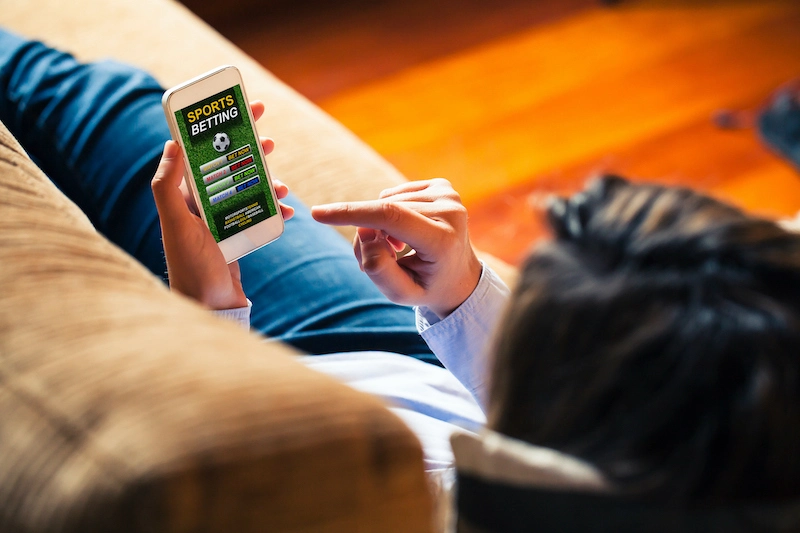Dr Max sheds a light on how gambling addiction works, and why it’s not the winning that gets people hooked
It all started innocently enough for Tanya. As she sat in my clinic, she explained that it had begun with some flutter while she was off work following an operation. She was bored, feeling a bit lonely and an advert for an online betting site popped up. She’d never gambled before and clicked on it just out of interest.
“I always associated gambling with old men in betting shops. This wasn’t like that at all. It seemed like fun—the advert had women just like me in it—I was bored and it was just a laugh.”
And at first it was fun. But then it became a daily treat to break up the monotony, then it shifted and became something more sinister. “It started to really control me. It was actually scary,” she explained.
“At first it was fun […] then it shifted and became something more sinister”
Before long she was spending hours gambling online. The rest of her story is as predictable as it is sad. She lost her job, got in debt and was evicted from the flat she rented. She moved back with her parents but by now the buzz of gambling was all she had.
It took a further two years and a spell of homelessness before she sought treatment and turned things around with the help of a psychotherapist. It left her with shattered self-confidence and ongoing anxiety. Her story is far from unique.
The effect of COVID-19 lockdowns
We’ve heard a lot about how alcohol use increased during the COVID-19 lockdowns, but I have already started seeing patients emerging who, confined to their home with no work, no structure and isolated from friends or family for months on end, developed a real online gambling addiction.

Vulnerable people are up against a multibillion-pound gambling industry
I don’t buy into the disease model of addiction—that someone is entirely helpless to their addiction. I’m a strong believer that it may have complex psychological dimensions but ultimately—unlike other diseases—we are in control of our behaviour. But there’s no doubt that people who are vulnerable need to be protected as best as they can—they are up against a multibillion-pound industry and so the dice, if you’ll excuse the gambling pun, is loaded against them.
Gambling addiction is a fascinating—if tragic—psychological phenomenon. People often mistakenly believe it’s the winning that keeps gamblers hooked. It’s actually more complicated than that.
How gambling addiction works
There are several things that make it such an addictive behaviour, all based around the way it fires up the reward pathways in our brain, even if, ironically we aren’t rewarded by a win. The buzz of the expectation is incredibly intoxicating and in fact neuroscience has found that gambling addiction involves many of the same neurological pathways as drug addiction. The brain releases large amounts of the neurotransmitter dopamine which is involved in euphoric feelings, just as happens with drugs like cocaine.
“While substances that cause addiction are tightly regulated or even outlawed, gambling gets a free pass”
The mind also plays a role in perpetuating the addiction by falling into “cognitive errors”—false beliefs or incorrect thinking patterns. The so-called “gambler’s fallacy” is the mistaken belief that if an event happens repeatedly, a different outcome is imminent. This is part of what keeps gamblers hooked—with each loss, they become more and more convinced a win is inevitable. It fuels the behaviour despite the fact that the odds of them winning are always the same.
In the past, psychology has viewed gambling as a compulsion rather than an addiction. It was motivated by the need to relieve anxiety rather than a craving for pleasure. We now know that actually gambling is more akin to addiction, but we still don’t treat it as such.
While substances that cause addiction are tightly regulated or even outlawed, gambling gets a free pass. It makes no sense why it should be treated in such a lax fashion, particularly given the devastation it can cause.
Read more: How to cope when a loved one is an addict
Read more: New treatments for addiction
Keep up with the top stories from Reader’s Digest by subscribing to our weekly newsletter